What is Section 10 of Income Tax Act?
Section 10 of Income Tax Act, 1961 includes such income that does not form part of the total income while calculating the total tax liability of any person. These incomes are also known as exempted income.
In this article, we have covered each exempted income in detail, along with the special provisions of exemption for salaried employees under section 10 of Income Tax Act.
| Section and Subsections | Forms of Tax Exemption |
| Section 10 (1) | Earnings through agricultural means in India |
| Section 10 (2) | Income or any amount achieved through a coparcener from a HUF (Hindu undivided family), which includes the family income |
| Section 10 (3) | Income received via casual forms up to ₹5000 and up to ₹2500 for occasions like horse-racing |
| Section 10 (2A) | Income received from the profit of being a partner to a company |
| Section 10 (4) (i) and (ii) | Any interest amount paid to a non-resident of India in person or transferred through a bank account |
| Section 10 (4B) | Any interest amount paid to a non-resident of India but an Indian by origin |
| Section 10 (5) | Any concession is given on travel to an Indian employee |
| Section 10 (6) | Any income of a non-Indian citizen made or received in India |
| Section 10 (6A), (6B), (6BB), (6C) | Government tax levied on the earnings of a foreign company |
| Section 10 (7) | Allowances that government employees receive while being stationed abroad |
| Section 10 (8) | Income earned under Cooperative Technical Assistance Program by foreign employees working in India |
| Section 10 (8A) and (8B) | Earnings of a consultant, or the consultant’s staff |
| Section 10 (9) | Income of the family members of foreign employees under Cooperative Technical Assistance Program |
| Section 10 (10) | Any death-cum-retirement gratuity received under the revised Pension Rules of the Central Government |
| Section 10 (10A) and (10AA) | Any commuted amount earned during retirement and the amount made via encashment of leaves during retirement |
| Section 10 (10B) | Compensation that workers get for relocation in job |
| Section 10 (10BB) and (10BC) | Any remittance obtained according to the Bhopal Gas Leak Disaster Act 1985 or in the event of any disaster |
| Section 10 (10CC) and (10D) | Any amount received through taxation, perquisites and life insurance policy |
| Section 10 (11), (12) and (13) | Any amount received through Statutory Provident Fund, an authorised or recognised Fund or via a Superannuation Fund |
| Section 10 (14) | Allowance utilised for meeting business expenses |
| Section 10 (15) (i) and (ii) | Redemptions, interests, premiums obtained from bonds, securities, etc. which are notified. |
| Section 10 (15) (iv) | Interest on deposits of state government, central government or public sector employees paid by the government for retirement. |
| Section 10 (15) (vi) | Interest received upon gold bond deposits, which are notified. |
| Section 10 (15) (vii) | Interest received on local authority bonds, which are notified. |
Section 10(1) – Exemption of agricultural income
The agricultural income is exempt from tax under section 10(1). Here, agricultural land must be situated in India. The income could be in the form of the following:
- Rent or revenue got from agricultural land situated in India
- Basic operations from the agricultural land such as cultivation, tilling, and sowing
- Subsequent operations for the growth and preservation of the product such as weeding, cutting, pruning, etc
- Sale of agricultural produce
- Income derived from farm building required for agricultural operations
Learn: Section 80EEB
Section 10(2) – Exemption of Income Received from a HUF
Section 10(2) provides for exemption of income received by a taxpayer in his/ her capacity as a member of the HUF. Hence, any income received by an individual as a member of the HUF is exempt from tax. Here,
- the income received by the individual must be paid out of the income of the family.
- in the case of an impartible estate, the income must be paid out of the income of the estate belonging to the family.
For example- Mr. Arun is part of the Sharma HUF. Now he earns an income of Rs 500,000 from the HUF and Rs 10,000 as interest income. Here, the interest income is his personal income. The income of Rs 500,000 is not taxable while the interest income of Rs 10,000 is taxable.
Section 10(2A) – Exemption of Income Received from a Partnership Firm
The income received from a partnership firm is exempt from tax under section 10 (2A). Here, the partnership firm must be taxed as a partnership firm under the Income Tax Act, 1961. The share of profit or income the taxpayer receives must be of the same proportion as mentioned in the partnership deed.
For example- The total profit for FY 2019-20 of the partnership firm is Rs 10,00,000. As per the partnership deed, Mr. Arun’s proportion of the share of profit is 40%. Further, he can earn income from the firm amounting to Rs 4,00,000 which is 40% of Rs 10 lakh. This amount of income of Rs 4 lakh is exempt from tax.
However, in case Mr. Arun receives 50% of the profit then he is not eligible for exemption. Since this 50% is not in accordance with the partnership deed.
Section 10(4) – Exemption of Income Received by a Non-Resident of India
- From bonds or securities that the Central Government specified for exemption are not taxable under section 10(4).
- The income by way of interest on bonds and securities
- Income by way of premium on redemption of bonds
- From interest on credit in a Non-Resident (External) Account.
- Any interest income earned by a resident outside India from the credit in a Non-Resident (External) Account is exempt from tax.
Section 10(5) Leave Travel Concession
In the case of an individual taxpayer, the leave travel concession he/ she receives is exempt from tax under section 10(5). The travel concession or assistance must be received from the following:
- The existing employer for travel of the individual and his/ her family in the financial year.
- Existing or previous employer in connection with his/ her upcoming travel. This upcoming travel is after retirement from service or after the termination of his service.
Here, the amount of exemption cannot exceed the actual amount the individual spends on travel.
For the purpose of this section family includes the following:
- the spouse and children of the individual
- the parents, brothers, and sisters of the individual or any of them. Additionally, they are wholly or mainly dependent on the individual.
Section 10(6) – Remuneration received by an individual representing India in a Foreign Country
When an individual who is not a citizen receives remuneration for representing India in a foreign country, the income is exempt. The individual is an official of any of the following:
- an embassy, high commission, legation, commission
- consulate or the trade representation of a foreign State
- Acting as a member of the staff of any of these officials
Section 10(7) – Allowance or perquisite paid by the Government
An allowance or perquisite paid by the Government to a citizen of India for rendering service outside India is exempt from tax.
Section 10(10BC) – Remuneration against a disaster
The amount an individual receives by way of compensation on account of any disaster is exempt. The following authority can pay the amount:
- the Central Government
- a State Government
- a local authority
Section 10 (10C) – Voluntary Retirement Scheme
The amount an individual receives on his voluntary retirement or termination of his service under voluntary retirement scheme is exempt. Here, the individual must be an employee of any of the following:
- a public sector company,
- any other company.
- an authority established under a Central, State or Provincial Act.
- a local authority.
- a co-operative society.
- a University established under a Central, State or Provincial Act. An institution declared to be a University under section 3 of the University Grants Commission Act, 1956 (3 of 1956).
- an Indian Institute of Technology within the meaning of clause (g) of section 3 of the Institutes of Technology Act, 1961 (59 of 1961).
- the Central Government or any State Government.
- an institution, having importance throughout India or in any State or States, as the Central Government may, by notification in the Official Gazette, specify in this behalf.
- such institute of management as the Central Government may, by notification in the Official Gazette, specify in this behalf.
Section 10(CC) – Tax on Perquisites
An individual can receive income in the nature of a perquisite not by way of monetary payment. This perquisite income is taxable in the hands on the employee as a part of the salary. But the employer may choose to pay the tax on the behalf of the employee. In such a case the tax is exempt in the hands on the employee.
Section 10(10D) – Exemption on LIC Maturity
- Life Insurance Policy
- Any amount received under a life insurance policy on maturity including bonus is exempt from tax u/s 10(D). However, the following conditions must be satisfied:
- Policies issued before 1 April 2012– premium paid on the policy does not exceed 20% of sum assured
- Policies issued after 1 April 2012– premium paid on the policy does not exceed 10% of sum assured
- Life Insurance Policy for a person with disability or disease specified under Section 80U and 80DDB.
- Any amount received under a life insurance policy on maturity including bonus is exempt from tax u/s 10(D). However the following conditions must be satisfied:
- Premium paid does not exceed 15% of the sum assured.
Section 10(11) – Provident Fund and Sukanya Samriddhi Account
- Providend Fund
- Any amount received out of the contribution or interest from a provident fund account on retirement or termination of service. However, the account must be one of the following:
- provident fund to which the Provident Funds Act, 1925 (19 of 1925) apply.
- any other provident fund set up by the Central Government and notified in the Official Gazette.
- Any payment made from a sukanya samriddhi account is exempt from tax under section 10(11) of the Income Tax Act, 1961
explore our article on Section 80GGC
Section 10(13A) House Rent allowance
This section covers the popular allowance i.e. house rent allowance HRA. The employer specifically provides an allowance to its employees to cover the rent paid for residential purpose.
The component of salary an employee receives towards rent and accommodation is exempt from tax under section 10(13A). However, the following limitations apply:
- Actual HRA received by the employee
- 40 % of salary for non metro city or 50 % of salary if the rented property is in Metro city. Metro cities includes mumbai, delhi, bengaluru , chennai, etc
- Actual rent paid less than 10% of salary.
Here, salary includes basic, dearness allowance and fixed percentage of commission.
Recommended Read: Form 13 in Income Tax
Special Allowances under section 10 of Income Tax Act, 1961 for salaried employees
Section 10(14) (i)
An employer can provide special allowance to its employees to meet a few expenses. These expenses must be incurred in the course of performing the duties of his employment. These allowances or benefits are not a part of the perquisites. For the allowances covered under this section, there is no limit on the amount an employer can extend to the employee. Moreover, these allowances must be utilized solely for the purpose for which they are provided.
For the purpose of section 10(14) (i), the allowances are prescribed in Rule 2BB:
| Allowance | Description |
| Daily Allowance | To meet the daily expenses due to the employer’s absence in the regular place of duty. This allowance can also be extended within the period of the journey during transfer. |
| Helper Allowance | To meet the expense of hiring a helper to perform office duties. |
| Uniform Allowance | To meet the expense of purchasing or maintaining the uniform. The uniform must be worn while performing the office duties. |
| Travelling Allowance | To meet the expense of travelling or touring while performing office duties. The sum includes the fair of the transfer and the expense of picking up and dropping off personal belongings during the transfer. |
| Conveyance Allowance | To meet the expense of travelling or touring while performing office duties. The sum includes the fair of the transfer and the expense of picking up and dropping of personal belongings during the transfer. |
Section 10(14) (ii)
These allowances are provided to meet expenses incurred during the performance of the duties at the usual place of work. For the allowances covered under this section, there is no limit on the amount an employer can extend to the employee.
These allowances are taxable in the hands of the employees if they receive it above the prescribed limit. The taxability is irrespective of the actual expenses incurred. For the purpose of section 10 (14) (ii), the allowances are prescribed in Rule 2BB.
The following are the allowances along with the prescribed limits:
| Allowance | Limit |
| Children Education Allowance | Rs 100 each month for one childAllowance is available up to two children |
| Tribal Area Allowance | Rs 200 per monthAreas covered Tribal areas, Schedule areas, Agency areas |
| Compensatory Field Area Allowance | Rs 2,600 per monthThe employee can claim either Compensatory Field Area Allowance or Border Area Allowance |
| Border Area Allowance | Ranges from Rs 200 to Rs 1,300 per month. Border area allowance, remote locality or disturbed area or difficult area. Allowance allowed to army personnel only |
| Special Compensatory Allowance | Specifically for employees working in hilly areas, high altitude allowance, uncongenial climate allowance, snowbound area allowance, or avalanche. Allowance ranges from ₹ 300 to ₹ 7,000 per month. It depends on certain conditions. |
| Counter Insurgency Allowance | Members of the armed forces who are living away from their permanent residence receive this allowance. Limit is Rs 3,900 per month. An individual can claim either this allowance or border area allowance. |
| High Active Field Area Allowance | Members of the armed forces receive this allowance subject to a few conditions. Limit is Rs 4,200 per month. |
| Island Duty Allowance | Members of Armed Forces in the area of Andaman and Nicobar Islands and Lakshadweep Group of Islands. Limit is Rs 3,200 per month. |
Section 10(15) – Income Earned from Interest on Investments
| Section | Income | Tax exemption to |
| 10(15)(i) | The exemption on interest, redemption, or premium on bonds, securities, deposits, and certificates that are subject to some conditions and limitations. | All assesses |
| 10(15)(iib) | Interest on the bonds of Capital Investment should be notified before the date of 01-06-2002 | HUF/Individual |
| 10(15)(iic) | Interest on Relief bonds | HUF/Individual |
| 10(15)(iid) | Interest on declared bonds (which should be declared before 1-6-2002). It must be bought in foreign exchange, which must be subject to some limitations and conditions. | NRI-Individual/NRI gift the bonds to the individual. |
| 10(15)(iii) | Securities’ interest | Issue department under the central bank of Ceylon |
| 10(15)(iiia) | The interest on deposits with the scheduled bank with the approval from RBI | Incorporation of bank broad |
| 10(15)(iiib) | Paying off interest to Nordic Investment Bank | Nordic Investment Bank |
| 10(15)(iiic) | In the execution of an agreement on 25-11-1993, the interest is payable to the European Investment Bank for granting the loan between that bank and the central government. | European Investment Bank |
| 10(15)(iv)(a) | Receiving the interest from the local authority or the government on money lent to it before 1-6-2001 | All the assets which are committed to lent on money from sources outside the nation |
| 10(15)(iv)(b) | Under the agreement of loan, received the interest from the industrial undertaking in India prior to 1-6-2001. | Approved the financial institution of foreign nations |
| 10(15)(iv)(c) | Receiving the interest on a certain rate from the industrial undertaking of India on debt or lent prior to the date of 1-6-2001 in a foreign nation for purchasing the capital plant, raw materials, and machinery within certain limitations and conditions. | All the assesses who have committed to lending such cash |
| 10(15)(iv)(d) | Receiving the interest before 1-6-2001 at an approved rate from certain financial institutions on the lending money in India | All the assessee which have committed to lend such money |
| 10(15)(iv)(e) | Receiving the interest at an approved rate from the country’s financial institutions on the lending of money from outside India before 1-6-2001 under the certain loan agreement | All the assessee which have committed to lend such money |
| 10(15)(iv)(h) | Receiving interest from any company concerning approved debentures or bonds | All assesses |
Frequently Asked Questions
To qualify for exemptions under Section 10(10D), you must be a member of the EPF and be either 58 years old or 50 years old with reduced pension.
No, House Rent Allowance (HRA) is only partially exempt from taxation under Section 10(13A) of the Income Tax Act, subject to certain limitations.
Section 10(10C) provides an exemption for the income received from voluntary retirement.
Section 10(10D) offers tax benefits on the maturity of a life insurance policy.
Section 10(9) exempts the income of family members of foreign employees under the Cooperative Technical Assistance Program.
Under Section 10(10D) of the IT Act, individuals can avail tax exemption on the maturity amount of an insurance policy (except for ULIP plans) if the aggregate premium paid is less than INR 5 lakhs. For ULIP plans, the premium amount limit is INR 2.5 lakhs.
Yes, the new tax regime allows income tax benefits of up to INR 1.5 lakhs on the maturity benefits earned from an insurance policy, excluding ULIP plans, if the total premiums paid are less than or equal to INR 5 lakhs.
Yes, special allowances are taxable for salaried employees. They are paid on a monthly basis and categorised as official and personal allowance.
Popular Income Tax Sections
Related Articles
- What is Section 10 of Income Tax Act?
- Section 10(1) – Exemption of agricultural income
- Section 10(2) – Exemption of Income Received from a HUF
- Section 10(2A) – Exemption of Income Received from a Partnership Firm
- Section 10(4) – Exemption of Income Received by a Non-Resident of India
- Section 10(5) Leave Travel Concession
- Section 10(6) – Remuneration received by an individual representing India in a Foreign Country
- Section 10(7) – Allowance or perquisite paid by the Government
- Section 10(10BC) – Remuneration against a disaster
- Section 10 (10C) – Voluntary Retirement Scheme
- Section 10(CC) – Tax on Perquisites
- Section 10(10D) – Exemption on LIC Maturity
- Section 10(11) – Provident Fund and Sukanya Samriddhi Account
- Section 10(13A) House Rent allowance
- Special Allowances under section 10 of Income Tax Act, 1961 for salaried employees
- Section 10(15) – Income Earned from Interest on Investments
- Frequently Asked Questions
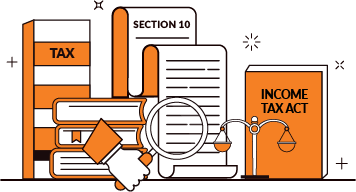





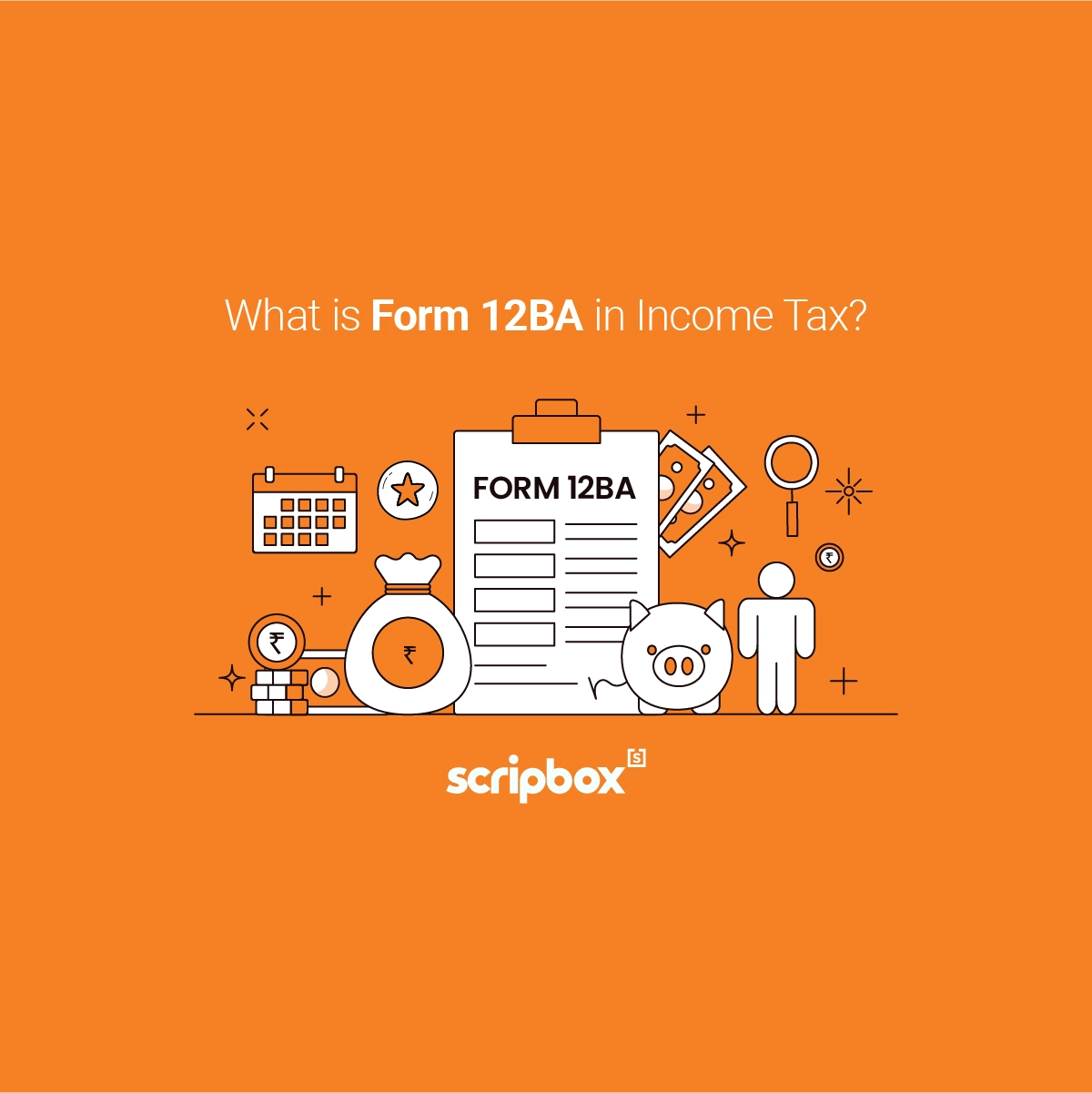
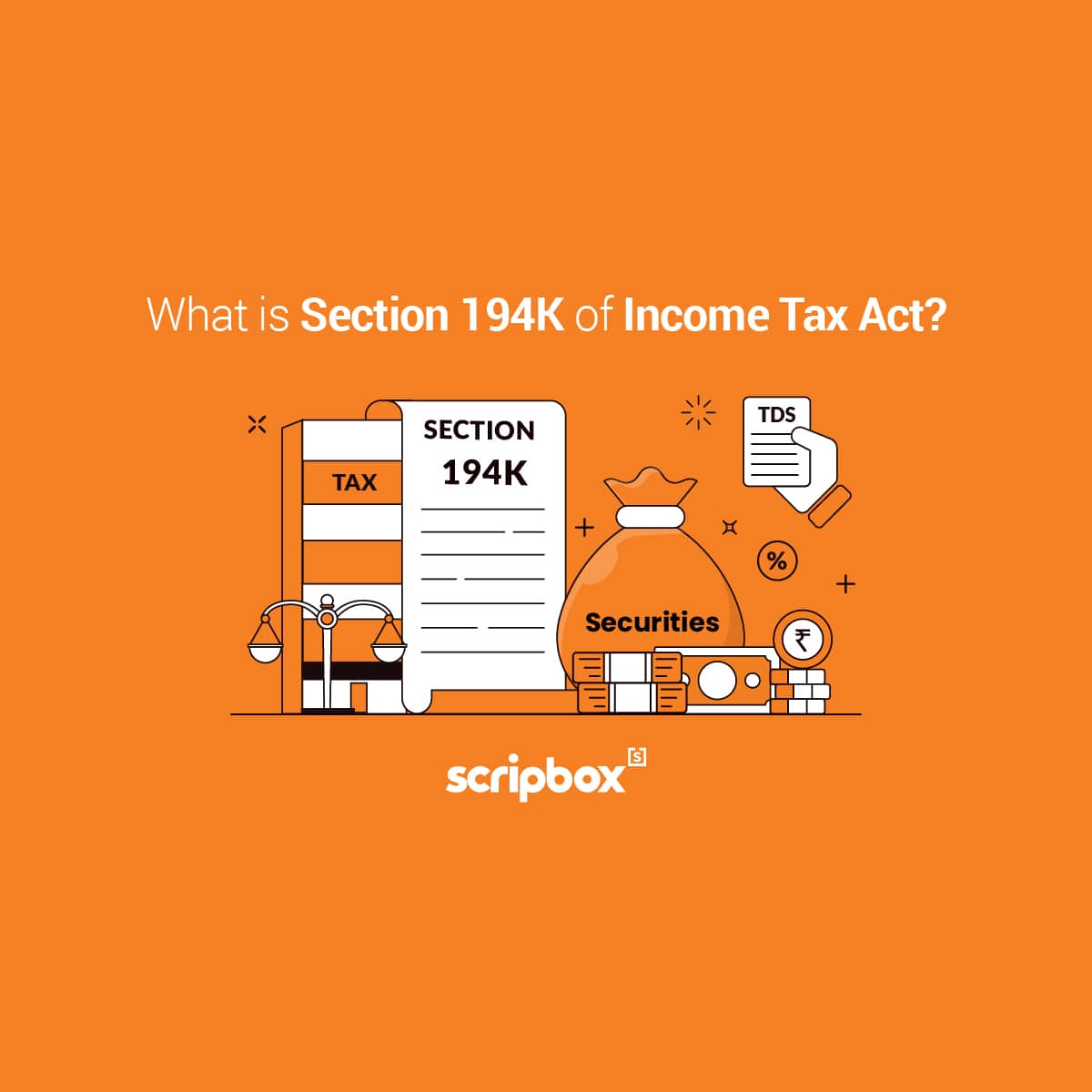
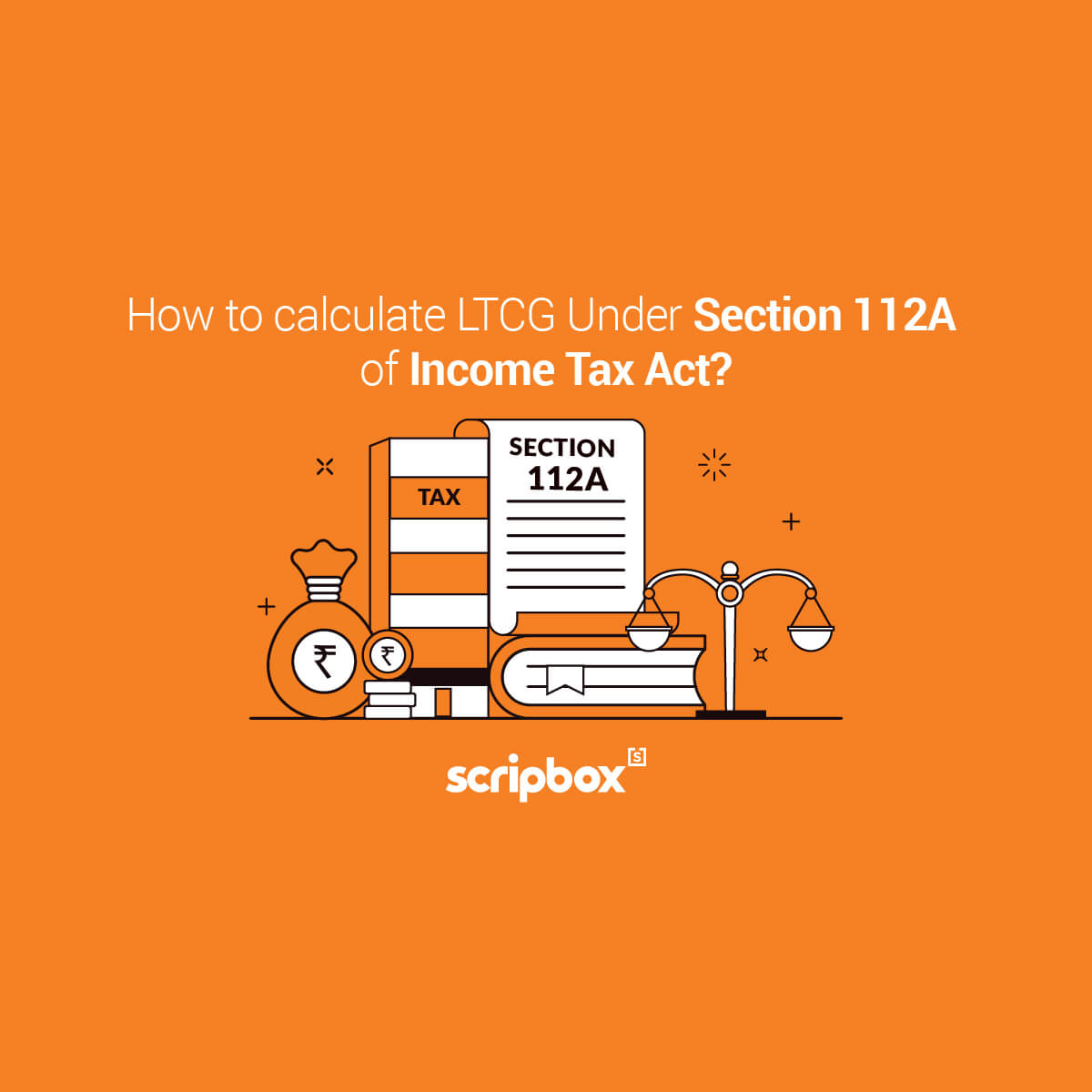
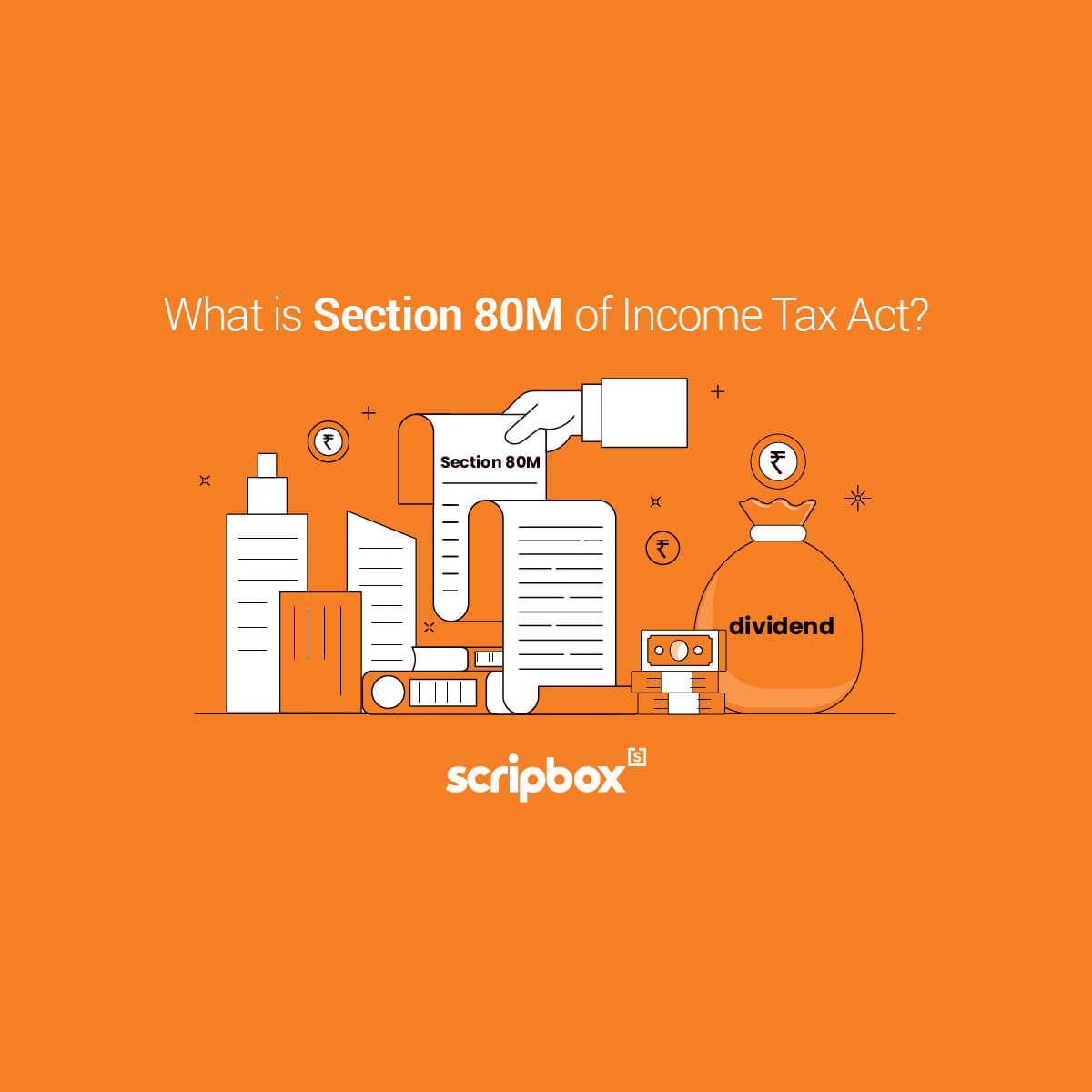
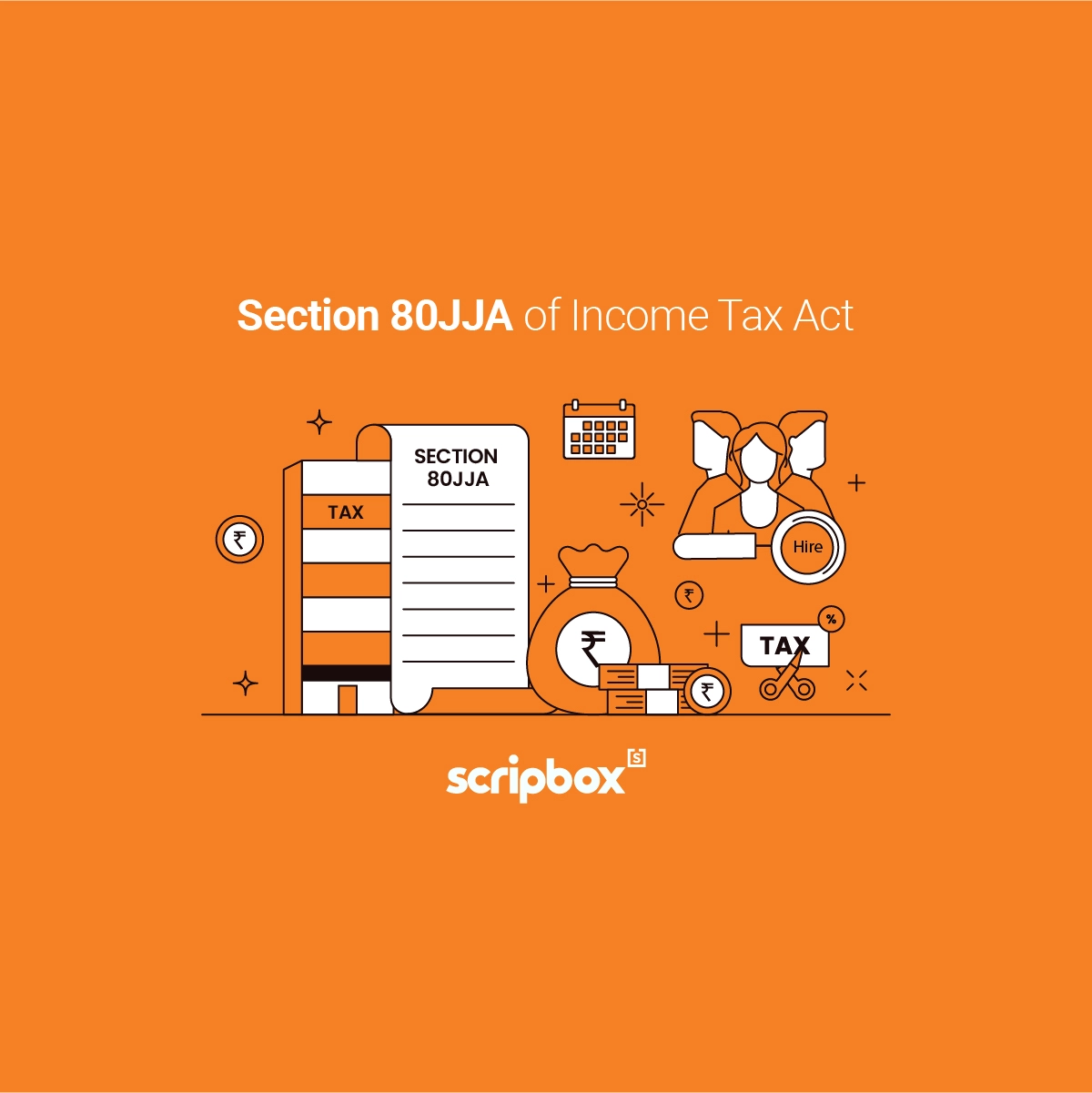
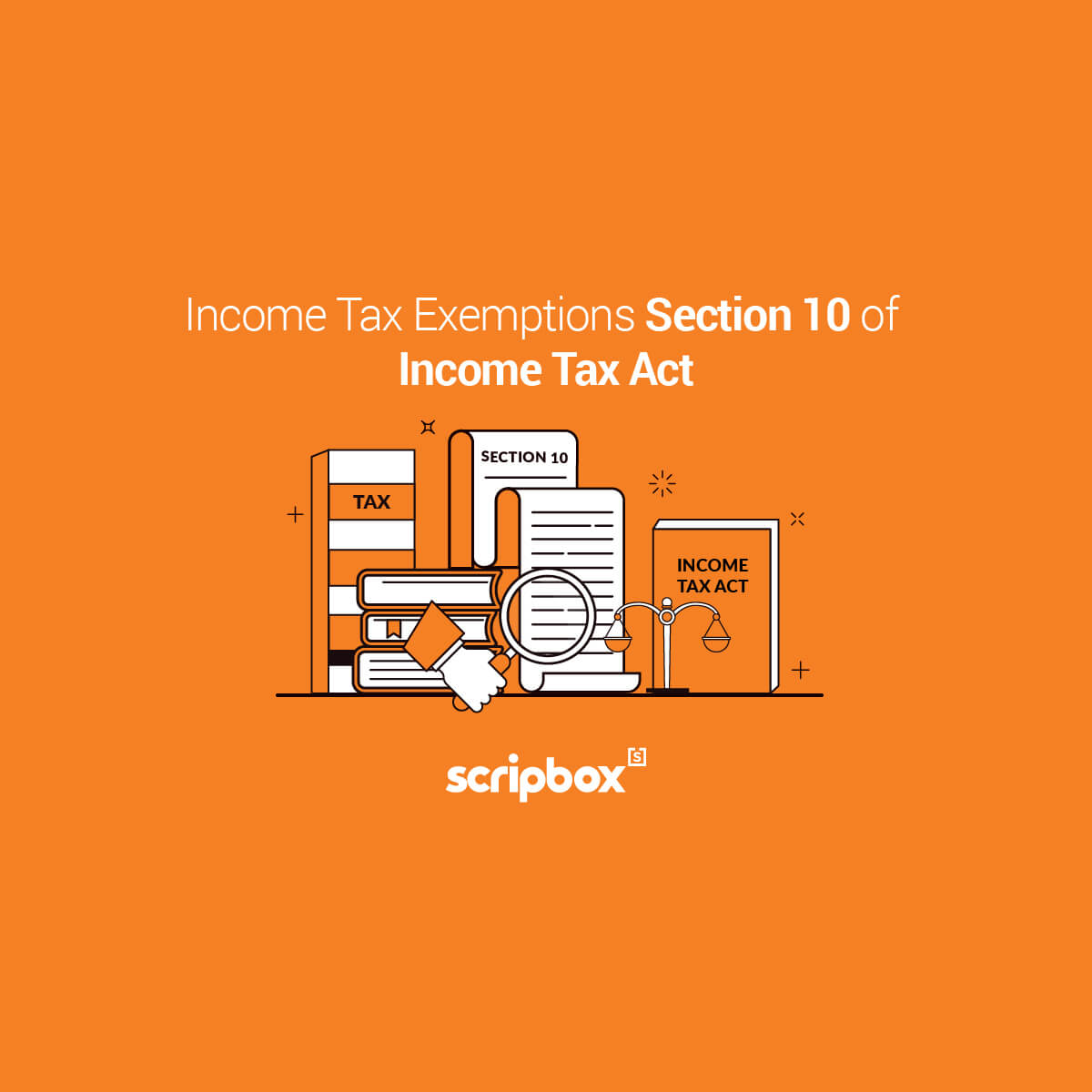






Show comments